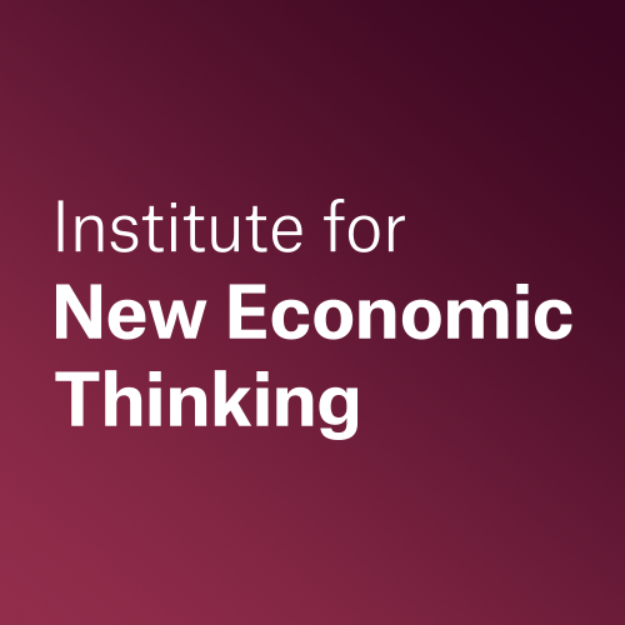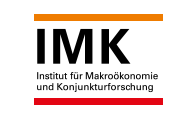European Macroeconomics
Exploring Economics, 2021
Information on the course
This is a new online course at bachelor level. It presents an introduction into macroeconomics with a specific focus on the euro area. The theoretical part provides a critical presentation of the two key macroeconomic models: the (neo)classical approach and the Keynesian approach. This allows a comparative analysis of important macroeconomic topics:
- unemployment
- inflation
- government debt and Modern Monetary Theory
- banks and financial crises.
The policy-oriented part discusses the monetary policy of the ECB and the specific challenges for fiscal policy in the euro area. The course also presents other euro area specific topics: Optimum currency area, euro crises, Next Generation EU and Green New Deal.
Lecture Plan
- Lecture 1 - Introduction to the course
- Targets of Macroeconomic Policy and the Performance of the Euro Area
- The debate on the economic loss function
- Lecture 2 - The mechanics of the two core macroeconomic models
- The (neo-)classical model
- The Keynesian model
- Lecture 3 - The financial system and banks in the two models
- Lecture 4 - Unemployment and stabilization policies
- unemployment
- stabilization policies
- Lecture 5 - Fiscal policy
- Lecture 6 - Inflation
- Lecture 7 - Monetary policy of the ECB - in theoretical perspective
- Lecture 8 - Monetary policy of the ECB - in institutional perspective i.
- Lecture 9 - Monetary policy of the ECB - in institutional perspective ii.
- Lecture 10 - Fiscal policy in the Euro area: coordinating policies of 19 countries
- Lecture 11 - The euro crisis - learnings from the different economic model
 Accompanying textbook: Fundamentals of Economics. Introduction into the Science of Markets (in German)
Accompanying textbook: Fundamentals of Economics. Introduction into the Science of Markets (in German)
A critical introduction for students of economics
A multiparadigmatic textbook, including neoclassical, Austrian and Keynesian economics
A focus on the roots of financial crises & the recent effects of digitization on the financial system
Supported by:



This course is part of the Plural Certificate Project and is offered regularily by the German Network for Pluralist Economics as a course with ECTS.
Lecture 1 - Introduction to the course
The entire Youtube playlist of the Lecture Videos can be found here
Lecture 2 - The mechanics of the two core macroeconomic models
a) The (neo-)classical model
b) The Keynesian model
The entire Youtube playlist of the Lecture Videos can be found here
Lecture 3 - The financial system and banks in the two models
The entire Youtube playlist of the Lecture Videos can be found here
Lecture 4 - Unemployment and stabilization policies
a) unemployment
b) stabilization policies
The entire Youtube playlist of the Lecture Videos can be found here
Lecture 7 - Monetary policy of the ECB - in theoretical perspective
The entire Youtube playlist of the Lecture Videos can be found here
Lecture 8 - Monetary policy of the ECB - in institutional perspective i.
The entire Youtube playlist of the Lecture Videos can be found here
Lecture 9 - Monetary policy of the ECB - in institutional perspective ii.
The entire Youtube playlist of the Lecture Videos can be found here
Lecture 10 - Fiscal policy in the Euro area: coordinating policies of 19 countries
The entire Youtube playlist of the Lecture Videos can be found here
Lecture 11 - The euro crisis - learnings from the different economic models
The entire Youtube playlist of the Lecture Videos can be found here
Go to: European Macroeconomics

